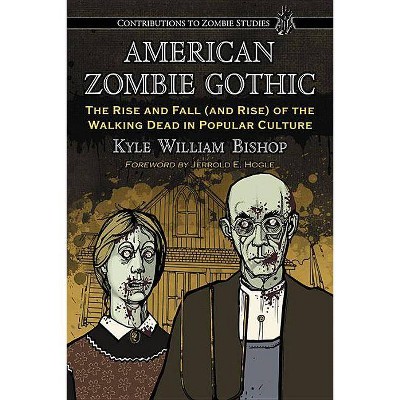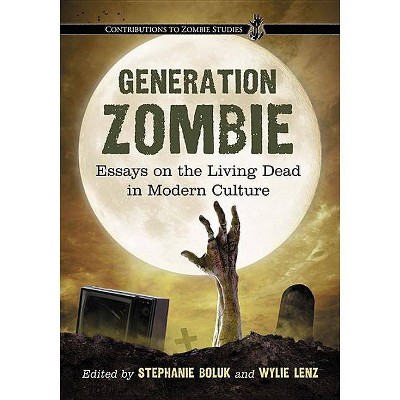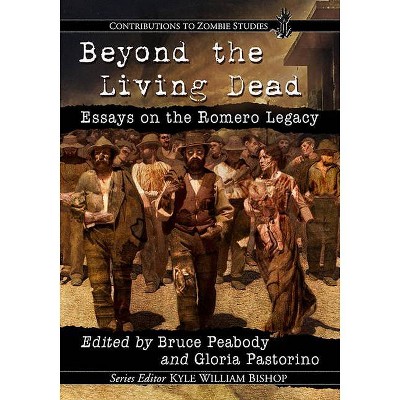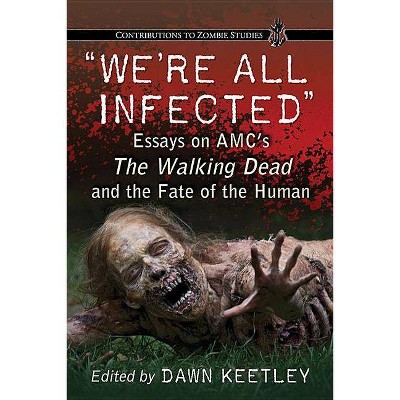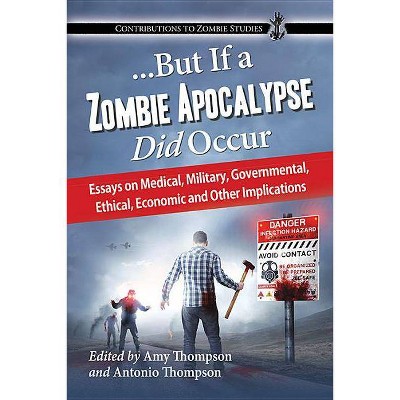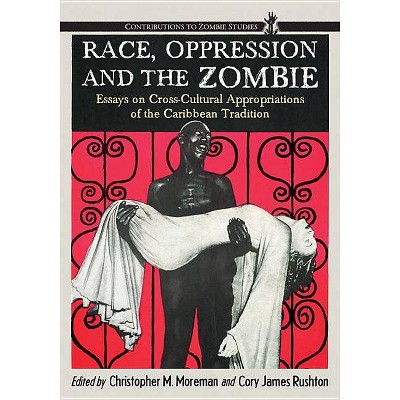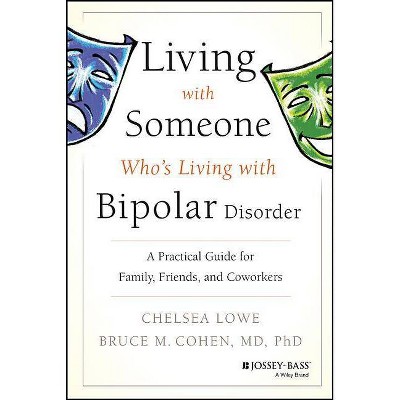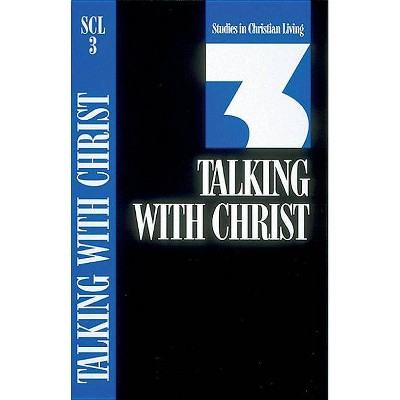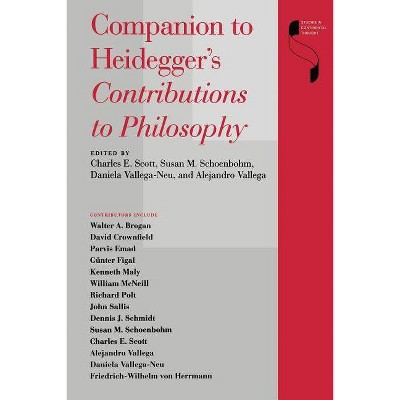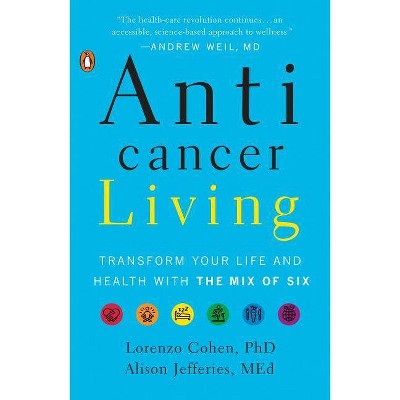Living with Zombies - (Contributions to Zombie Studies) by Chase Pielak & Alexander H Cohen (Paperback)
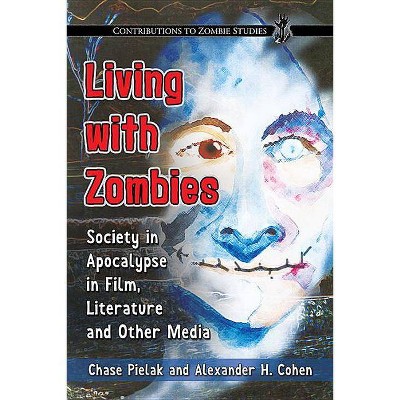
Similar Products
Products of same category from the store
AllProduct info
<p/><br></br><p><b> About the Book </b></p></br></br>Depictions of the zombie apocalypse continue to reshape our concept of the walking dead (and of ourselves). The undead mirror cultural fears--governmental control, lawlessness, even interpersonal relationships--exposing our weaknesses and demanding a response (or safeguard), even as we imagine ever more horrifying versions of post-apocalyptic life. This critical study traces a shift in narrative focus in portrayals of the zombie apocalypse, as the living move from surviving hypothetical destruction toward reintegration and learning to live with the undead.<p/><br></br><p><b> Book Synopsis </b></p></br></br><p> Depictions of the zombie apocalypse continue to reshape our concept of the walking dead (and of ourselves). The undead mirror cultural fears-governmental control, lawlessness, even interpersonal relationships-exposing our weaknesses and demanding a response (or safeguard), even as we imagine ever more horrifying versions of post-apocalyptic life. This critical study traces a shift in narrative focus in portrayals of the zombie apocalypse, as the living move from surviving hypothetical destruction toward reintegration and learning to live with the undead.</p><p><br></p><p><br></p><p><br></p><p><br></p><p><br></p><p><br></p><p><br></p><p><br></p><p><br></p><p><br></p><p><br></p><p><br></p><p><br></p><p><br></p><p><br></p><p/><br></br><p><b> About the Author </b></p></br></br><b>Chase Pielak</b> teaches English at Auburn University. <b></b><b>Alexander H. Cohen</b> has written about such topics as zombies, active learning, and how weather affects politics. He lives in Potsdam, New York.
Price History
Price Archive shows prices from various stores, lets you see history and find the cheapest. There is no actual sale on the website. For all support, inquiry and suggestion messagescommunication@pricearchive.us
